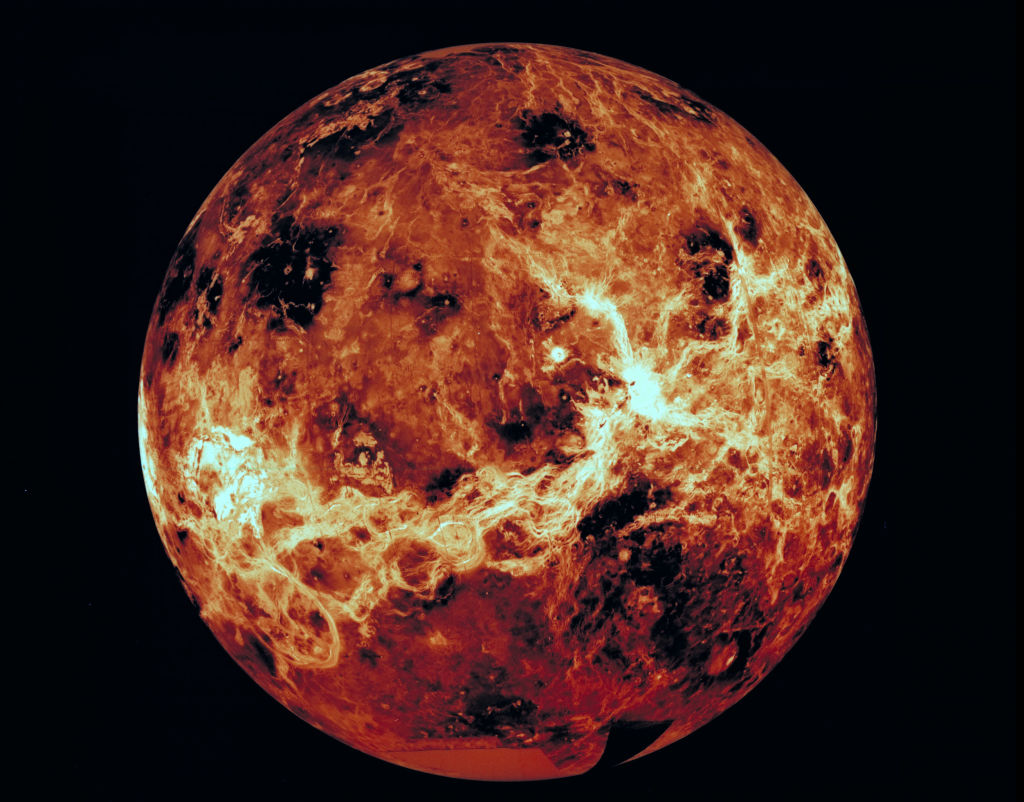The Union Cabinet on Wednesday approved the development of the Venus Orbiter Mission (VOM), marking a major milestone in India’s space exploration endeavors. The mission aims to explore Venus, the closest planet to Earth, and is a significant step beyond the moon and Mars in the government’s vision for planetary exploration.
The Venus Orbiter Mission, to be executed by the Department of Space, will deploy a scientific spacecraft to orbit Venus. This mission is designed to enhance our understanding of Venusian surface and subsurface conditions, atmospheric processes, and the Sun’s influence on Venus’s atmosphere. By studying Venus, which is believed to have been habitable and similar to Earth in its early history, scientists hope to gain insights into the evolutionary paths of both Venus and Earth.
The Indian Space Research Organisation (ISRO) will lead the development and launch of the spacecraft. The project will be managed and monitored following ISRO’s established practices, and the data collected will be shared with the scientific community through existing dissemination mechanisms.
Scheduled for launch in March 2028, the mission is backed by an approved budget of Rs. 1,236 crore. Rs. 824 crore of this will be dedicated to spacecraft development, covering payloads, technology, ground station support, and the launch vehicle.
The mission will not only advance India’s capabilities in planetary science but also involve significant participation from Indian industries in the development of the spacecraft and launch vehicle.
Additionally, academic institutions and students will be engaged in various phases of the project, including design, development, testing, and calibration. This collaborative effort is expected to yield substantial employment opportunities and technology spin-offs across other sectors.
With its innovative instruments, the Venus Orbiter Mission promises to provide valuable scientific data and open new avenues for research, paving the way for future planetary missions.




















